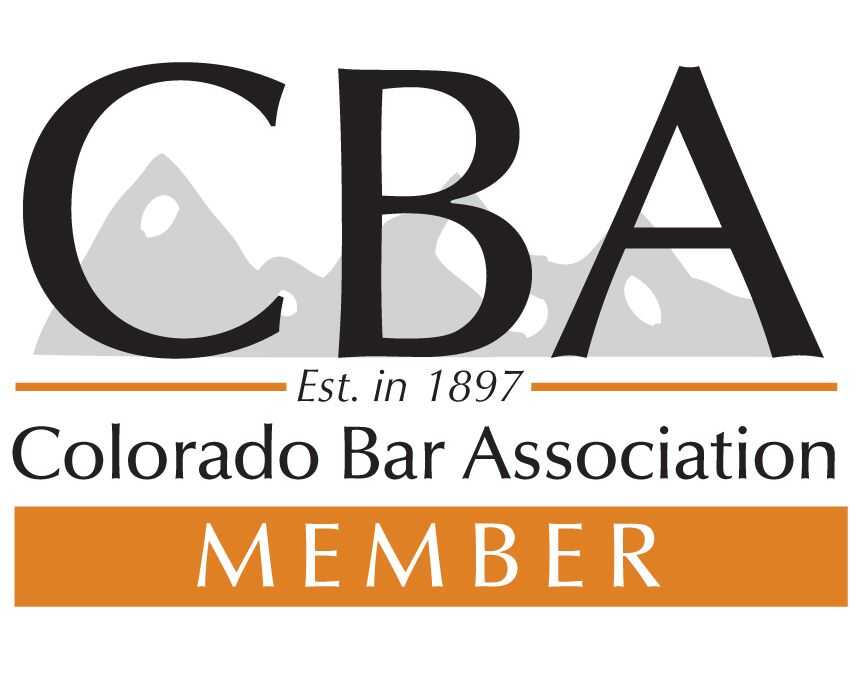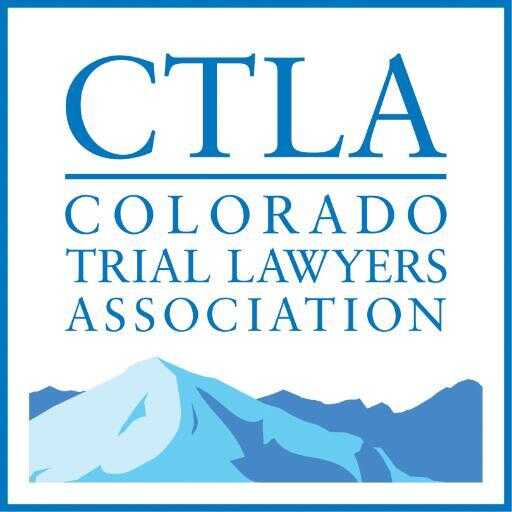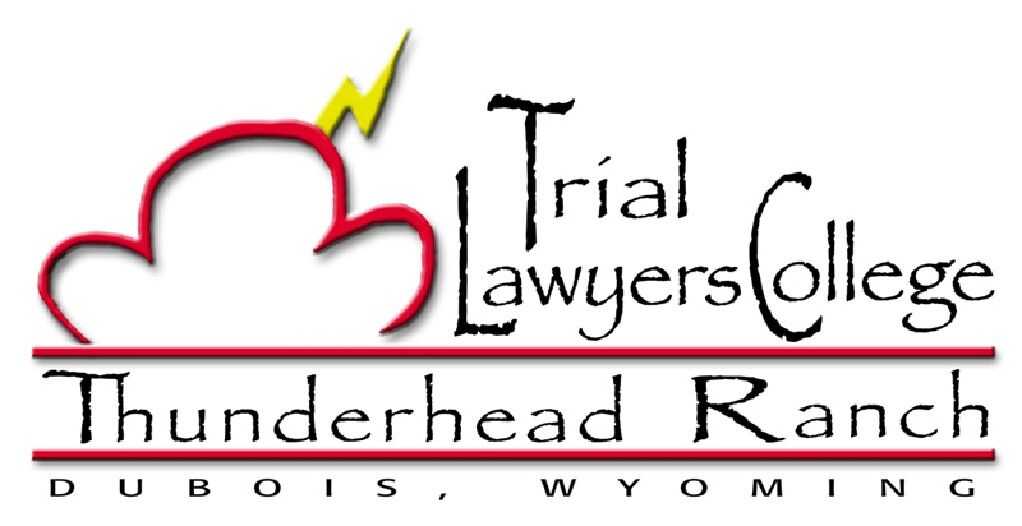Motor vehicle collisions can occur for various reasons, ranging from environmental conditions to reckless drivers. As a trusted Boulder car accident lawyer and compassionate legal advocate, Debbie Taussig understands the profound impact these accidents can have on the victims and their families. That’s why she’s equipped to help those hurt in all kinds of scenarios.
Some of the most common causes of car crashes—and those that our firm can assist with—include:
If you have been involved in a car accident, determining whether you have grounds for a claim relies on the specific circumstances of your case. To pursue a successful claim, it is crucial to present compelling evidence of negligence or intentional misconduct. Led by Debbie Taussig, our team is here to guide you through the legal process, provide expert counsel, find the right medical providers, and fight for your rights.
In your search for a “car crash lawyer near me,” you may have come across a few laws that can influence the outcome of claims filed near you, too. In Colorado, for example, the standard statute of limitations for personal injury actions involving motor vehicle collisions is three years. That means if settling proves impossible and you choose to proceed with a formal lawsuit, you must bring the case within three years of the date of the accident. Should you attempt to file your suit after this timeframe has passed, the judge will likely dismiss it, leaving you with no legal recourse. Thankfully, as long as you turn to a car crash law firm fairly soon after getting hurt, you can be sure your legal team won’t let you miss any critical filing deadlines.
If you contributed to the crash in some way, you may be wondering whether it’s even worth searching for an “accident attorney near me” and proceeding with a claim. Generally speaking, Colorado doesn’t bar injured parties from taking action if they played a role in the incident in which they were hurt. Under the state’s modified comparative fault rule, the plaintiff’s own negligence will offset the defendant’s liability; however, as long as the plaintiff is not deemed 50% or more at fault, they are not prohibited from recovering compensation.
As a compassionate Boulder auto injury attorney, Debbie Taussig understands the physical, emotional, and financial toll a car accident can have on your life. Thankfully, under Colorado tort law, which applies to car accident victims in Boulder, you may be eligible to seek various types of damages to help you recover and rebuild.
Our dedicated team is here to fight for your rights and help you pursue the compensation you deserve. Some of the recoverable damages in Boulder car crash cases include:
Recovering these damages requires convincing the opposing party of the losses you have suffered. This is where a resourceful car accident attorney can provide invaluable assistance. The attorneys at our car accident law firm will gather the necessary evidence, build a strong case on your behalf, and negotiate for the compensation you deserve.
Debbie Taussig became a trial lawyer in 2001 after graduating from the University of Denver School of Law. She is well-versed in Colorado personal injury law and has been operating her own practice out of Boulder since 2008. Her areas of expertise include personal injury, civil rights, and medical negligence. As a former president—and current board member—of the Colorado Trial Lawyers Association and a board member of the Boulder County Bar Association, Debbie knows what it takes to see every case through to the end.
Settlement for a man who became a quadriplegic from a rollover car accident.
Verdict for man hit head on suffering severe face injures and migraine headaches. This was a hard fought case with two of Colorado’s best insurance defense lawyers on the other side. Now involved in phase 2: suing the insurer for bad faith.
Settlement in medical negligence case.
Verdict in a wrongful death case caused by carbon monoxide poisoning
Settlement from an insurance company for bad faith and unreasonable denial of benefits.
Settlement in a medical negligence case.
Settlement for medical negligence/wrongful death.
Policy limits settlement for woman with permanent injuries and significant insurance coverage issues.
Verdict in Denver District Court for a 69-year-old woman, who suffered from herniated discs and soft tissue injuries as a result of a woman who ran a stop sign and t-boned our client. With interest and costs, the total amount awarded is approximately $738,000.
If you have been injured in a car accident, choosing the right legal representation is crucial to securing the justice and compensation you deserve. At Debbie Taussig Law, you will find a dedicated Boulder car accident attorney who is committed to providing personalized, client-first representation. We understand the challenges you face and are here to guide you through the legal process with compassion, expertise, and unwavering support.
When you choose our firm to handle your car accident case, you can expect:
Contact Debbie Taussig today for a free consultation that is confidential, as well. Let us ease the burden and help you on the path to recovery.







The State of Colorado is a tort liability state. This means that accident victims must prove fault before insurance companies will pay claims. The individual who is responsible for the accident will ultimately be responsible for your medical expenses, lost wages, and pain and suffering.
After an accident, it is important that you contact the police immediately. Filing a police report is one way to prove fault after an accident and it is a critical component. Without a police report it may be your word versus theirs. You should also contact our law firm immediately. Our lawyers will go to work immediately to gather evidence and build a case to prove fault.
The first thing you should always do is to call 911. Seek medical attention even if you do not believe that you have been badly injured. Wait at the accident scene until the police arrive and do not panic. If you are able, snap photos of the accident scene, damage to your vehicle and any other evidence you see. Gather the names and numbers of any eye witnesses as well. Once you have been treated for your injuries, contact our law firm immediately.
If you are injured by an uninsured driver or a driver without adequate insurance coverage, there may still be ways to collect compensation. Drivers can seek compensation from their own UM/UIM policies. An experienced car accident attorney will be able to help you during this time.
In the state of Colorado, you only have between 2 and 3 years from the accident to file a claim. This is known as the statute of limitations and if you miss this deadline, you could be barred from ever being able to file a claim.
There are numerous factors that go into determining what your personal injury case is truly worth. Some of those factors include:
The extent of your injuries
The liability of the negligent party
The level of fault
Economic losses sustained
Long-term injury vs disability
Pre-existing medical conditions
Injured accident victims can often recover both economic and non-economic damages, including:
Medical expenses
Long-term care expenses
Future medical
Lost wages
Loss of future earnings
Pain and suffering
Loss of companionship